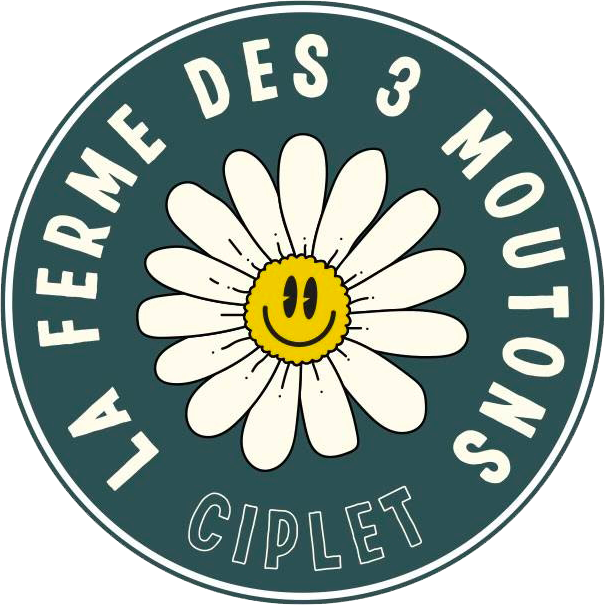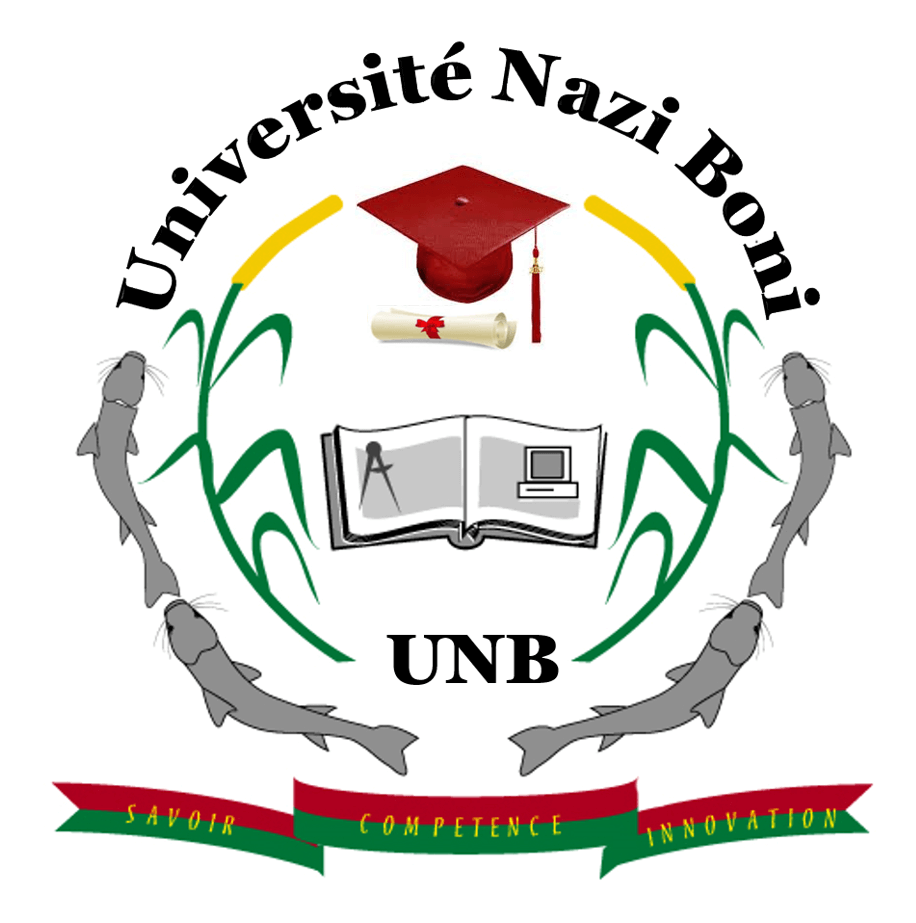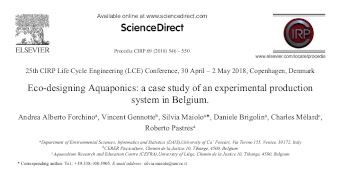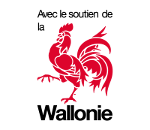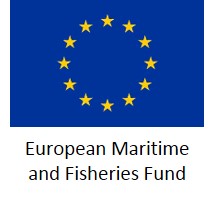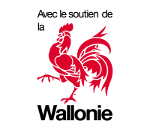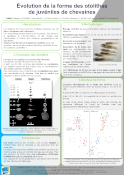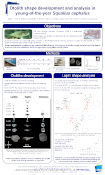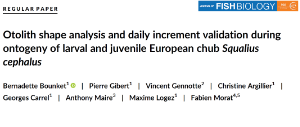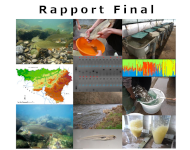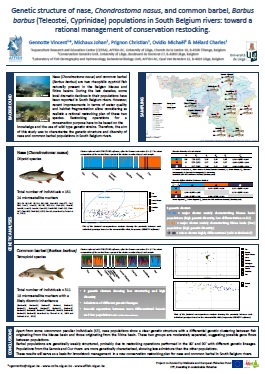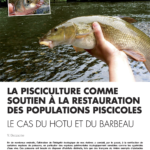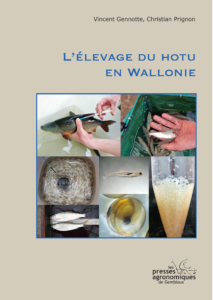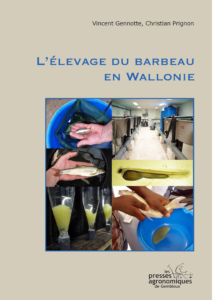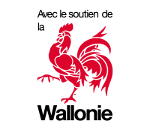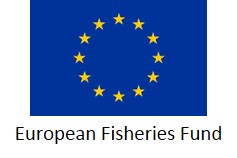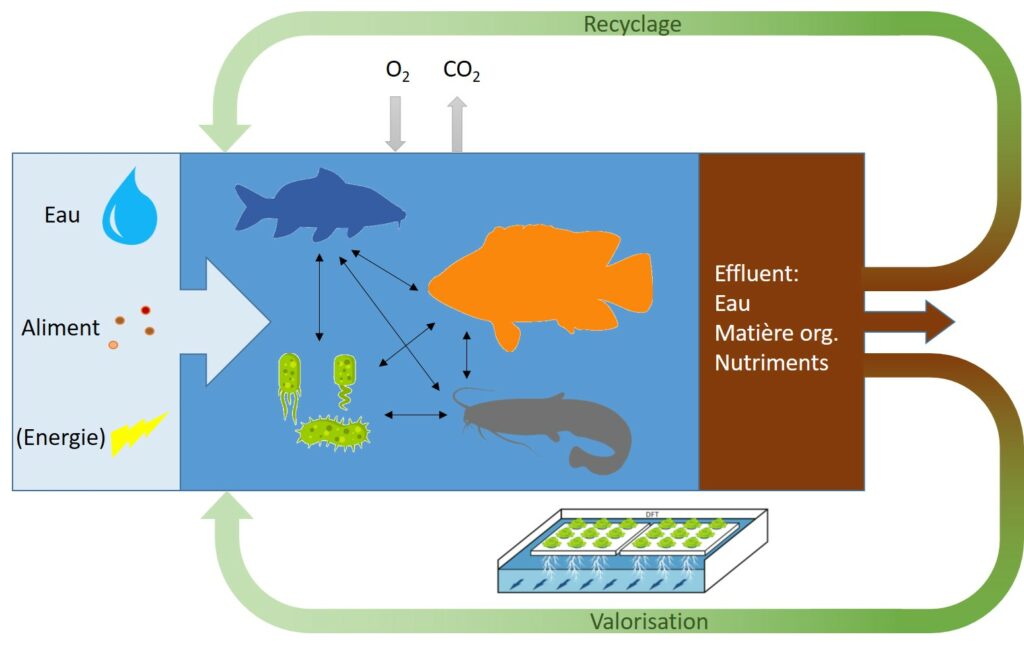
The aim of the POLYRAS project is to improve fish production in RAS (conventional, aquaponics, biofloc) through polyculture in the broad sense (multi-species and multitrophic). The main interest of this approach is to optimise system operation and the use of resources, as well as to reduce environmental impact through input reduciton and innovation, in order to improve production performance and fish welfare.
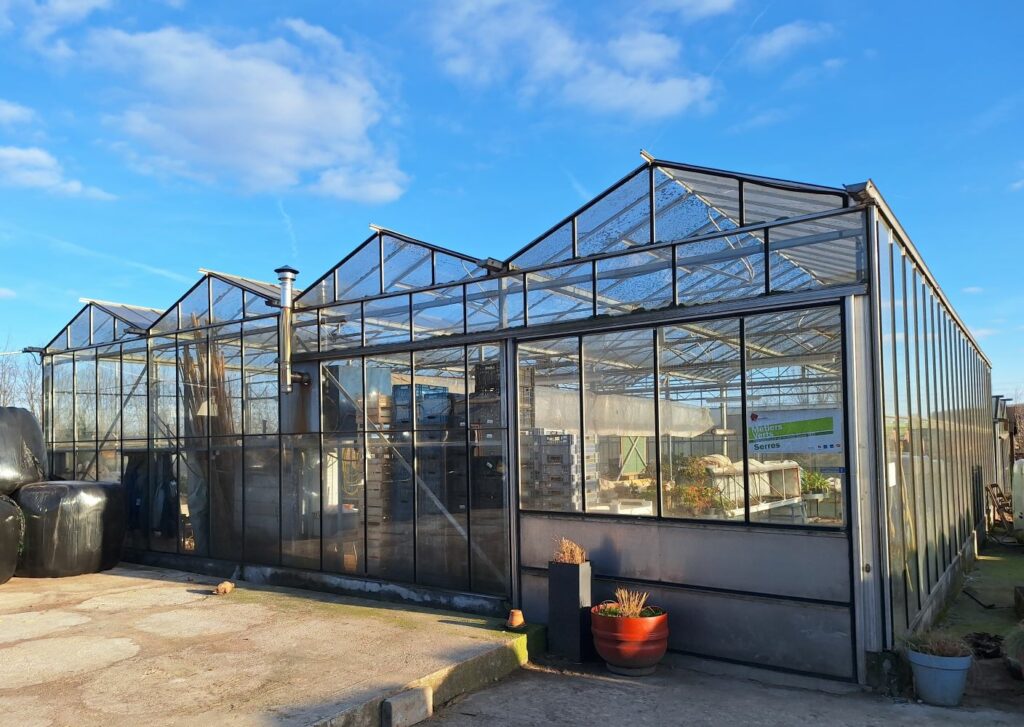
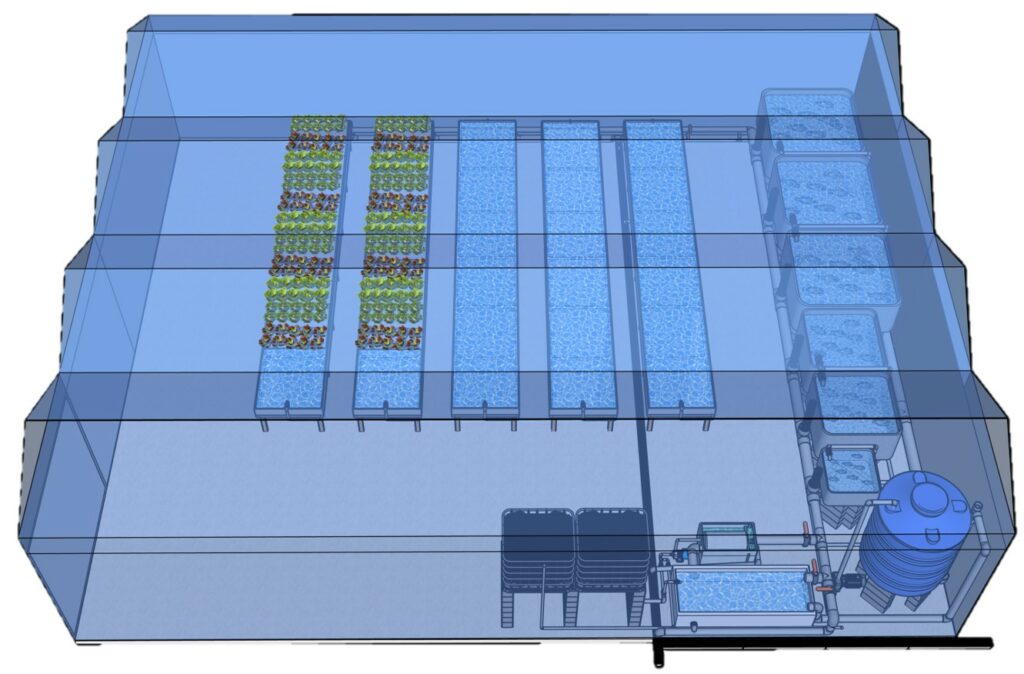

Partners:

Funding:
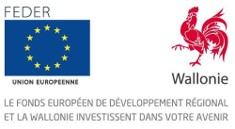
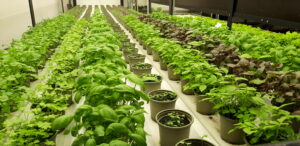
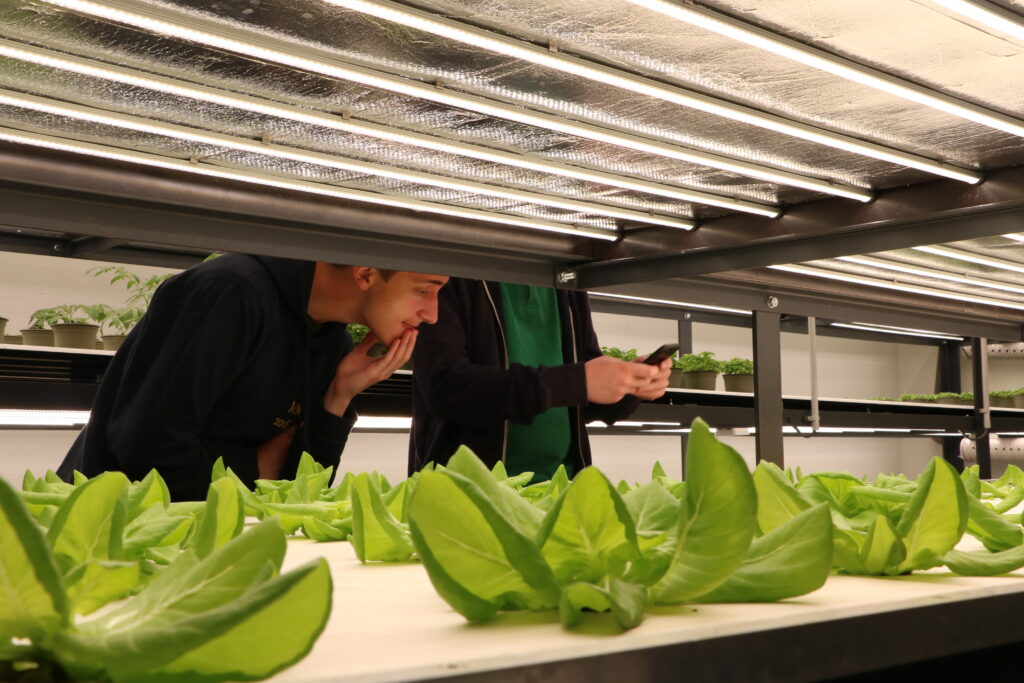
SoCoPro has launched an initiative to develop aquaponics training for the general public in Wallonia.
In collaboration with ULiège (UGeRAA), Hortiforum and Ferme des 3 moutons, CERER will be organising 4 aquaponics training sessions in 2025 and 2026.
Each session will last 4 days, combining theory and practice for 20 participants.
The program will enable anyone interested in aquaponics to acquire the basic notions needed to build and operate an aquaponic system, manage fish and horticultural production, and develop an aquaponics production project.
Theory: introduction to aquaponics, system design and sizing, fish biology, plant biology, water quality, aquaponics project development, economic models.
Practical workshops: visit of systems, analysis of equipment and operation, monitoring of aquaculture and horticultural production, analysis and control of water quality, good production practices, project development and business plan.
Partners :
Funding :

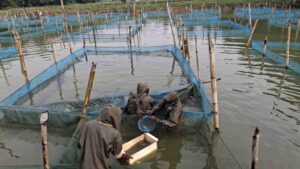
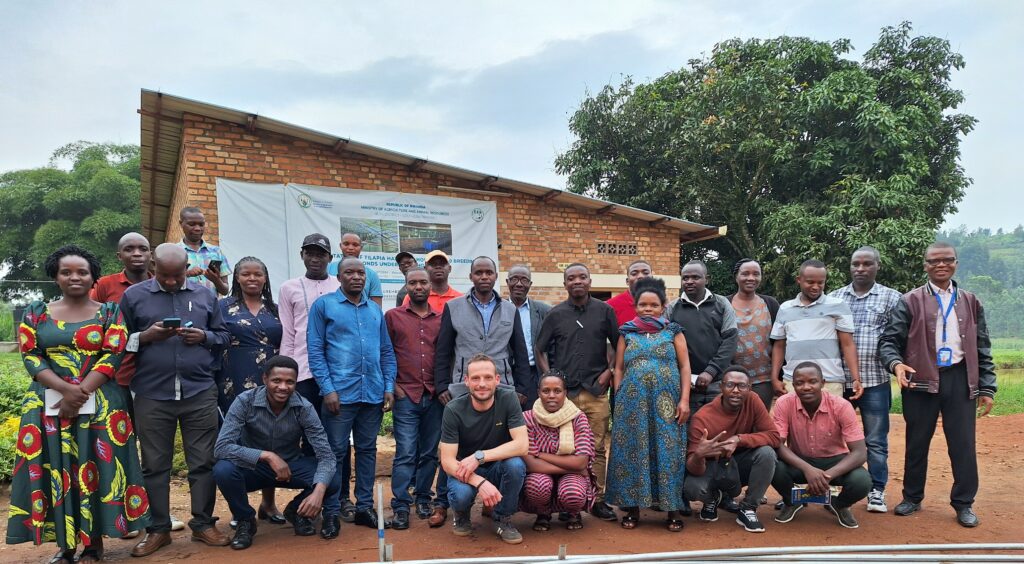
In February 2025, CERER and ULiège (Aquatic Resources management and Aquaculture Unit) delivered a 2-week technical training in aquaculture in Huye (Rwanda), supported by Enabel (Belgian Cooperation Agency) in the framework of Kwihaza project.
Kwihaza is a 4-year project (2023-2026) aimed at developing the value chains in Rwanda’s aquaculture, fisheries, and horticulture sectors.
Theoretical and practical training was provided to 25 trainers from TVET (Rwandan government institution in charge of technical training), strengthening their understanding of key aspects of the aquaculture sector and enabling them to better deliver training to students from technical secondary schools.
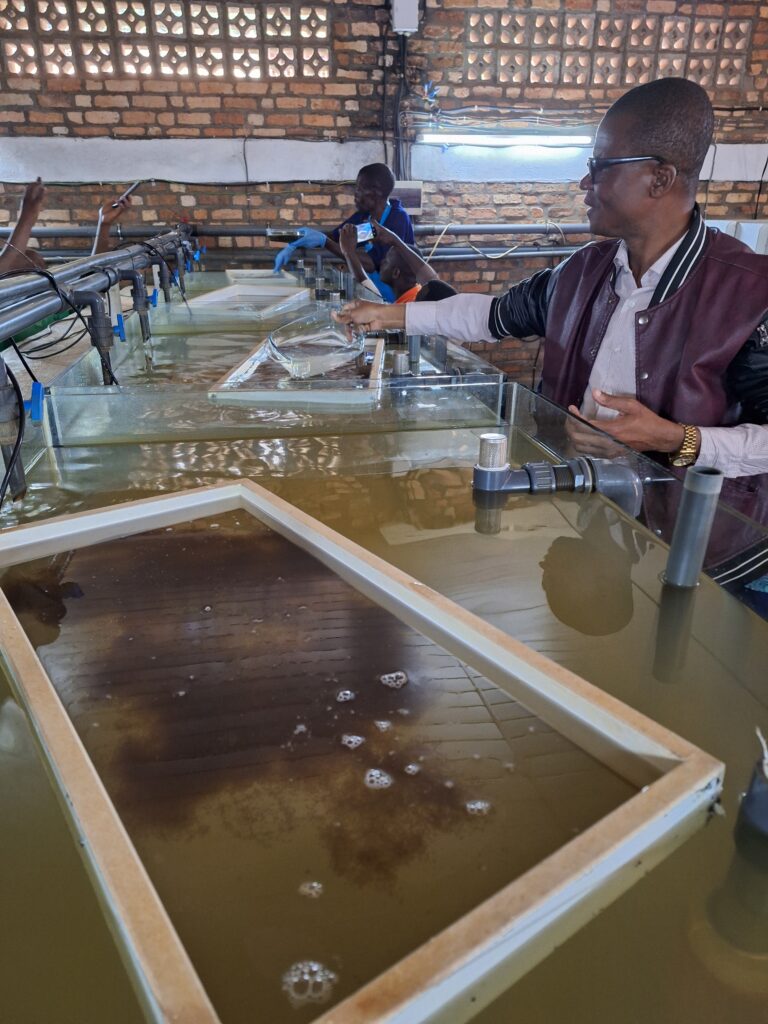
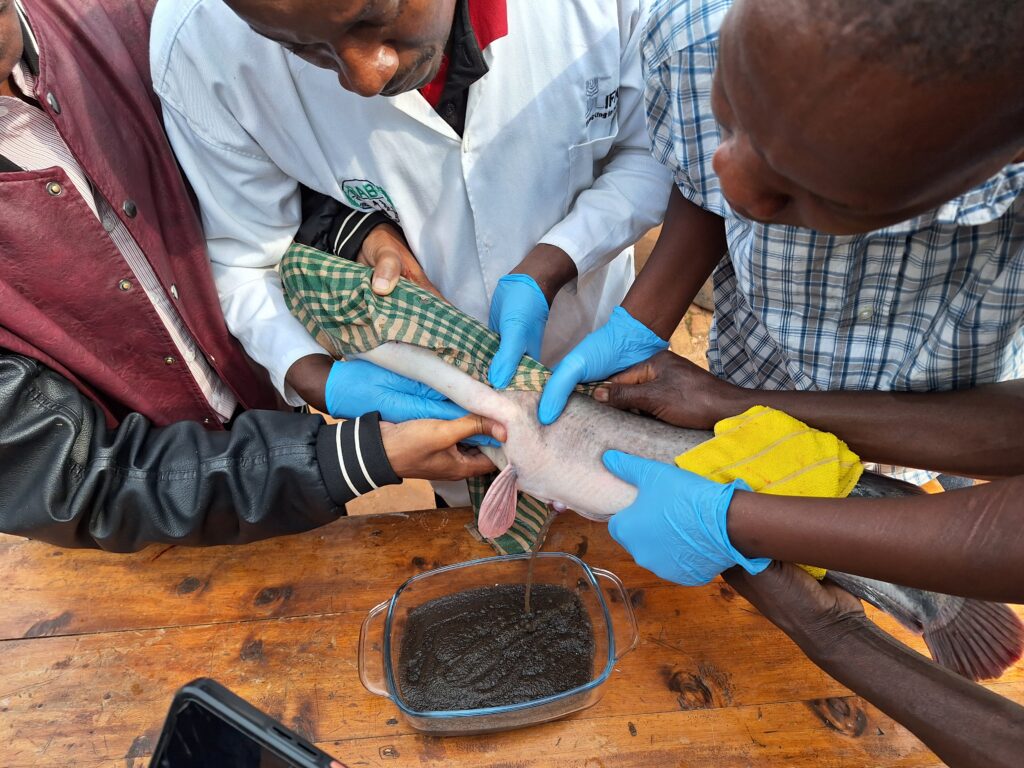
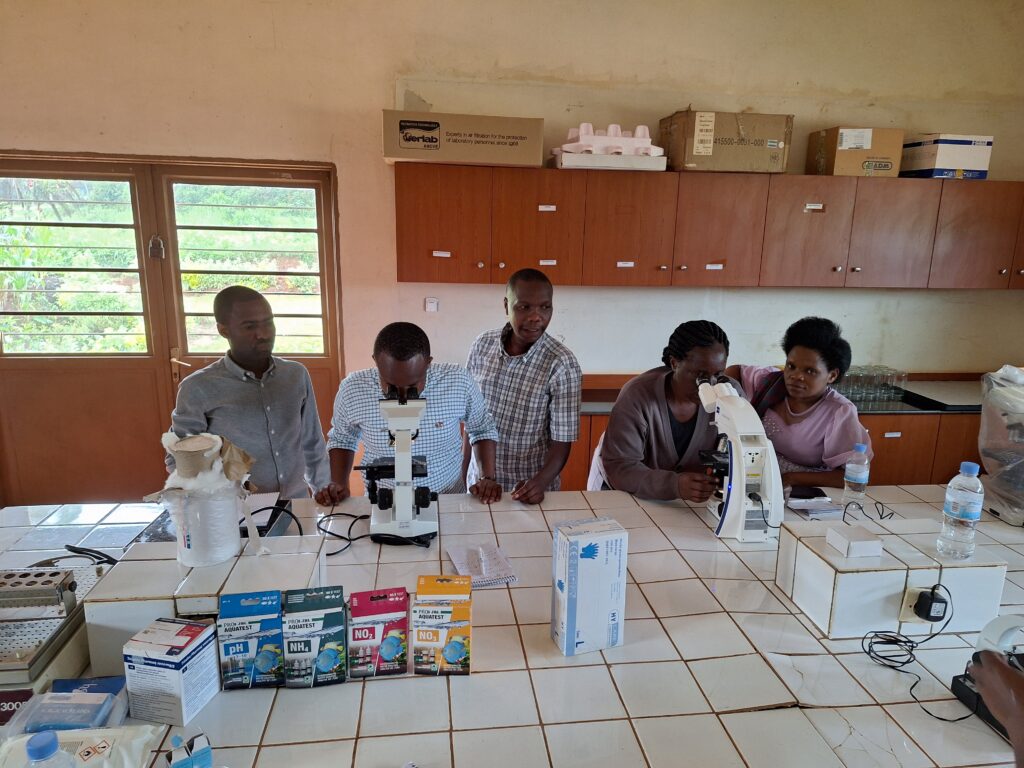
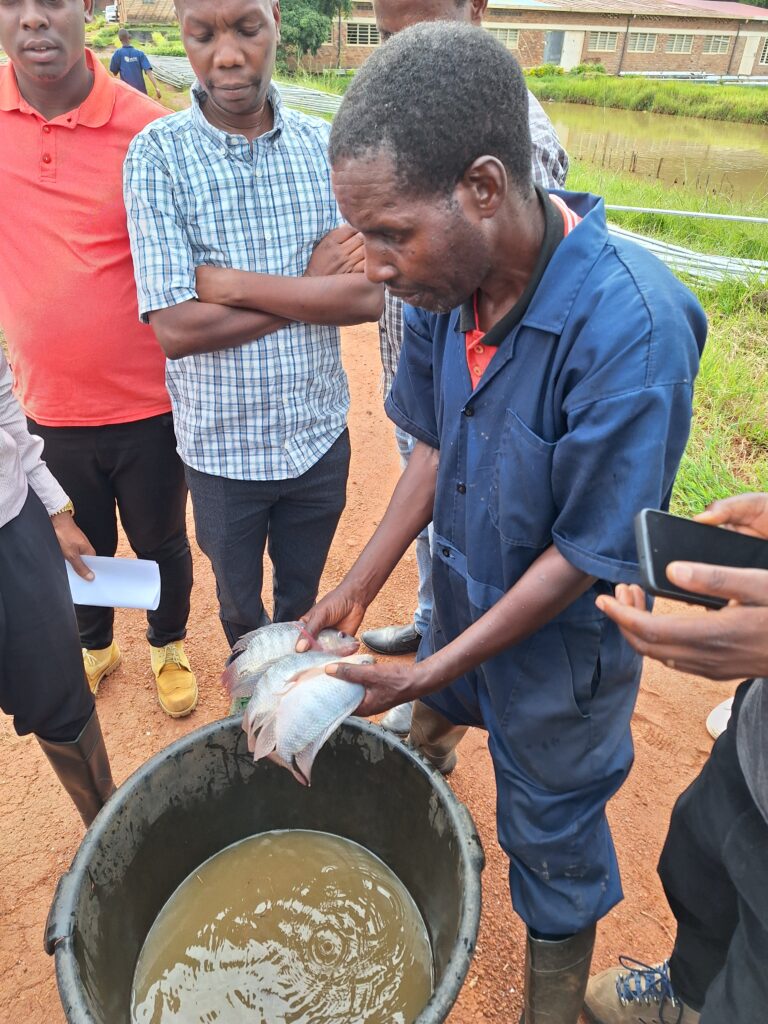
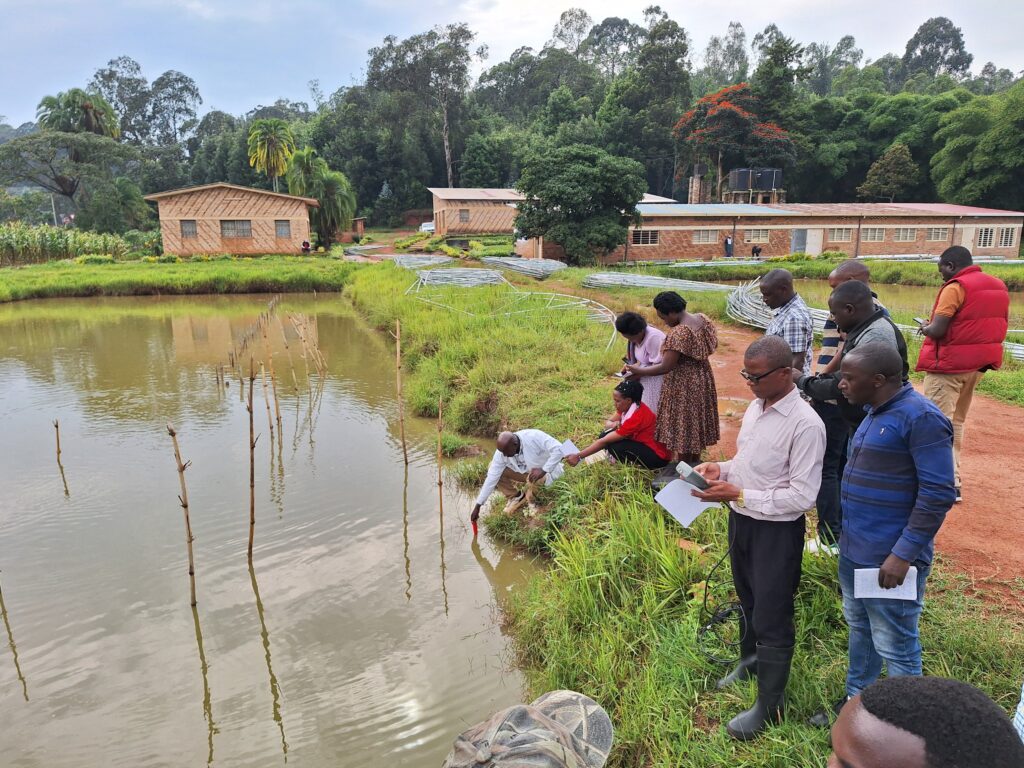
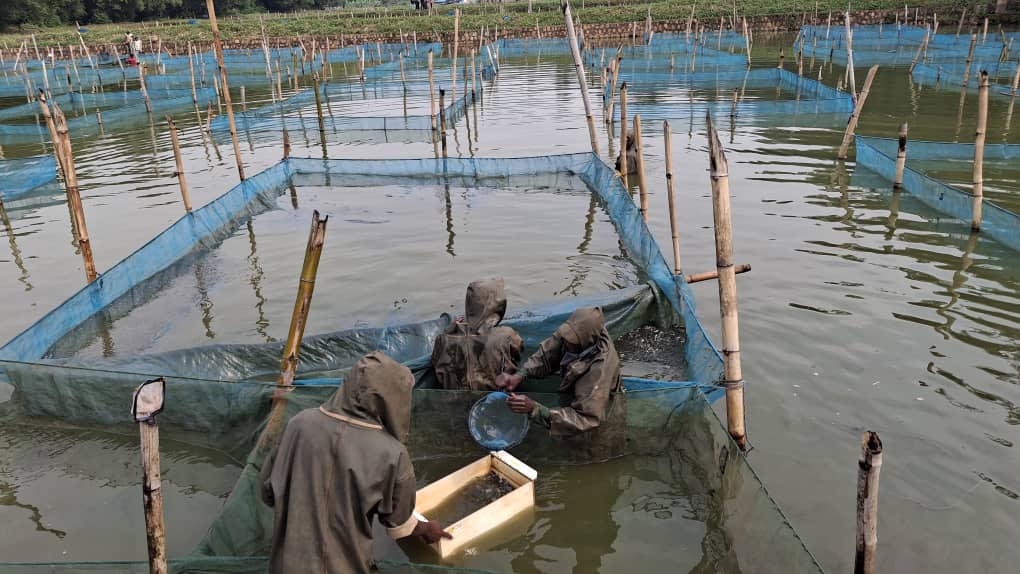
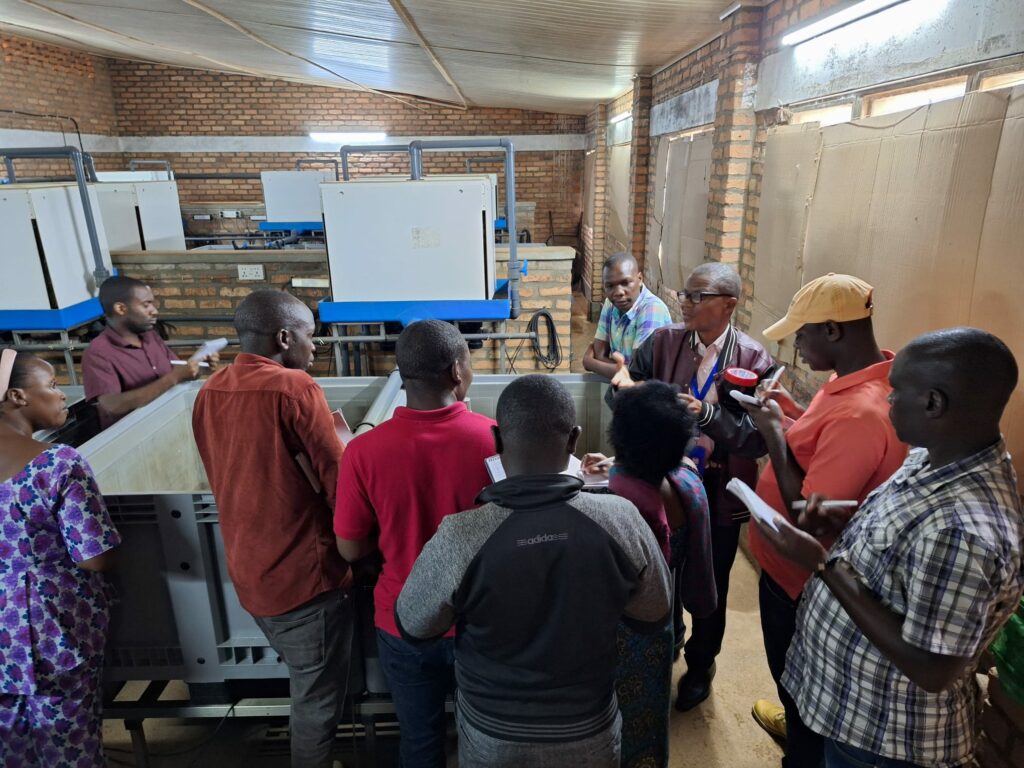
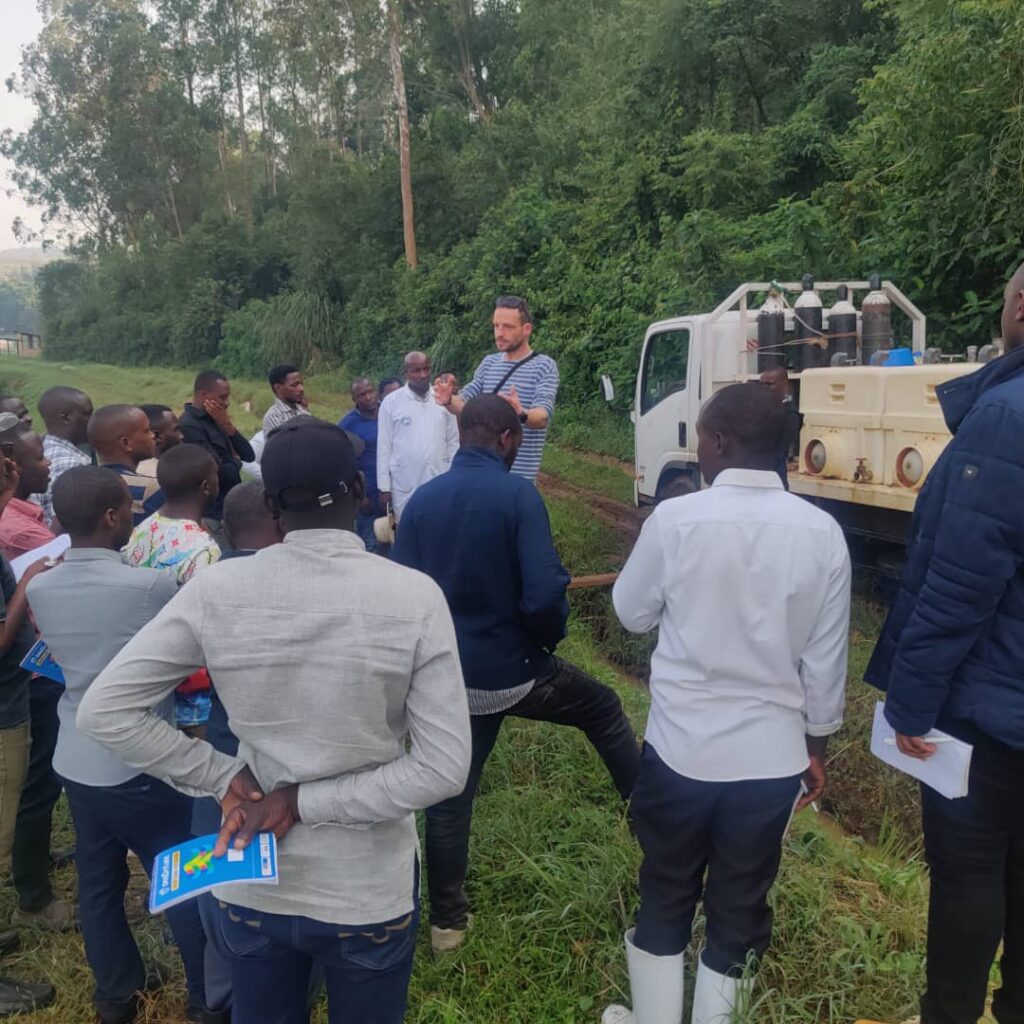
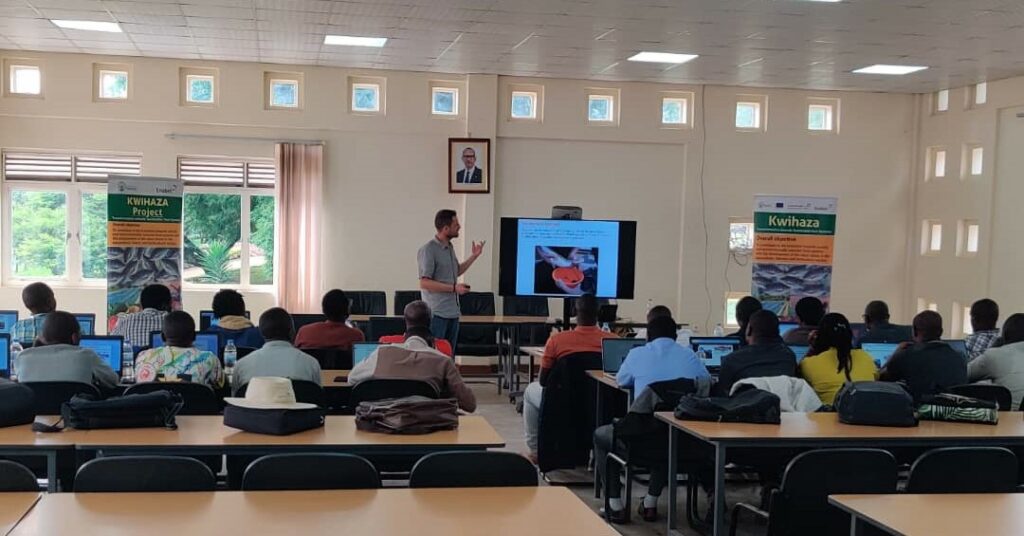
Partner :
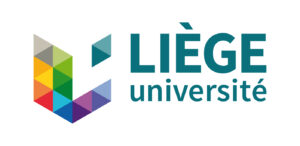
Funding :

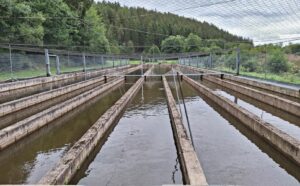
This study was conducted by Smartaqua in partnership with CERER-Pisciculture and Water Proved. It aimed to assess the feasibility of setting up a trout hatchery producing 200 t in RAS to supply the Walloon trout farming industry.
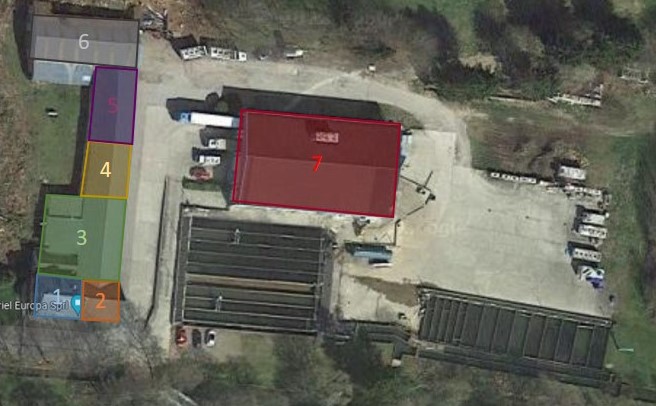
Partners:

Funding:


FISH4ACP is a FAO programme promoting the potential of fisheries and aquaculture in Africa, the Caribbean and the Pacific.
FISH4ACP supports the development of the Nile tilapia value chain in Côte d’Ivoire by improving the availability of quality fingerlings and feed, and building local capacity.
In partnership with UGeRAA (ULiege), CERER-Pisciculture provided support to the Côte d’Ivoire National Agricultural Research Centre for the development of a genetic selection and improvement programme for Nile tilapia local strains . The actions implemented aimed at evaluating local genetic resources and their management methods, setting up a strategy for developing an improved strain and a genetic selection programme, proposing methods for the zootechnical and genetic characterisation of tilapia strains, and identifying the material and human requirements needed to build capacity.
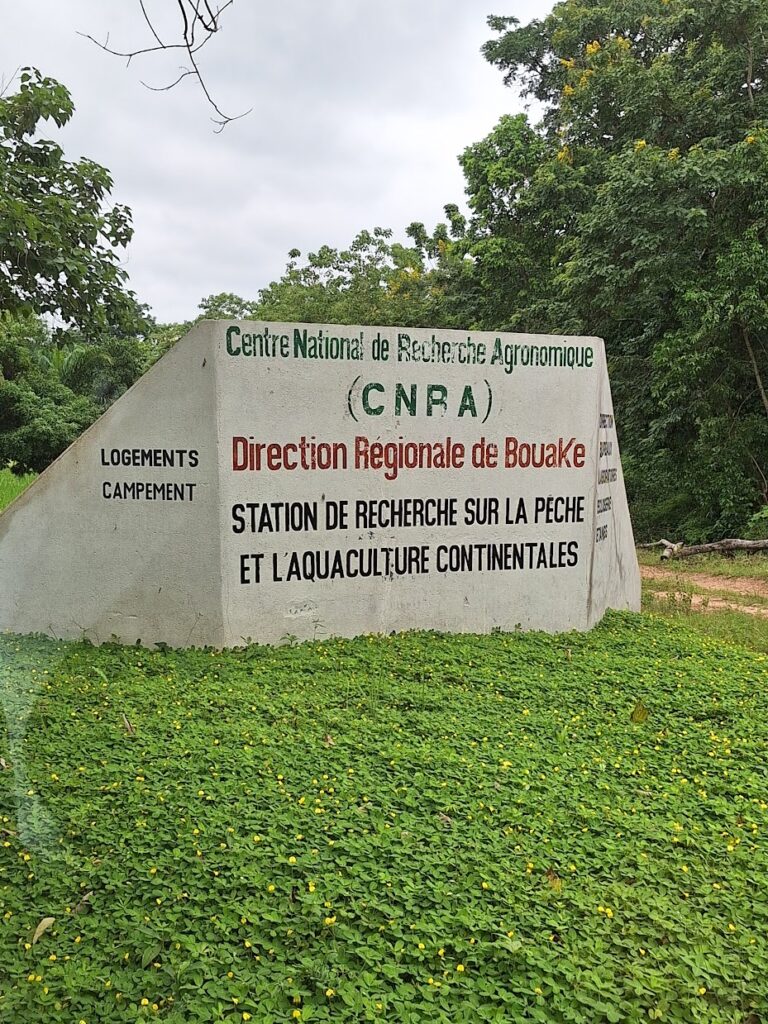
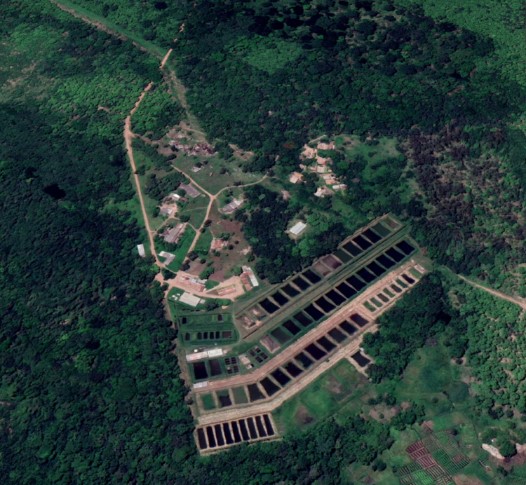
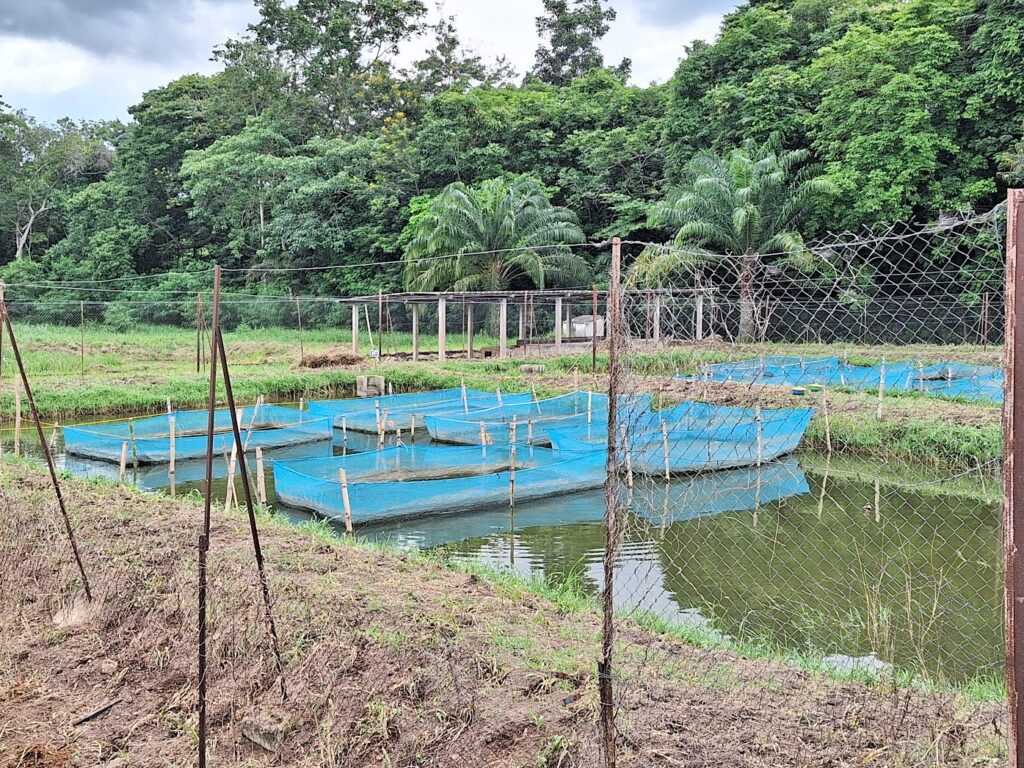
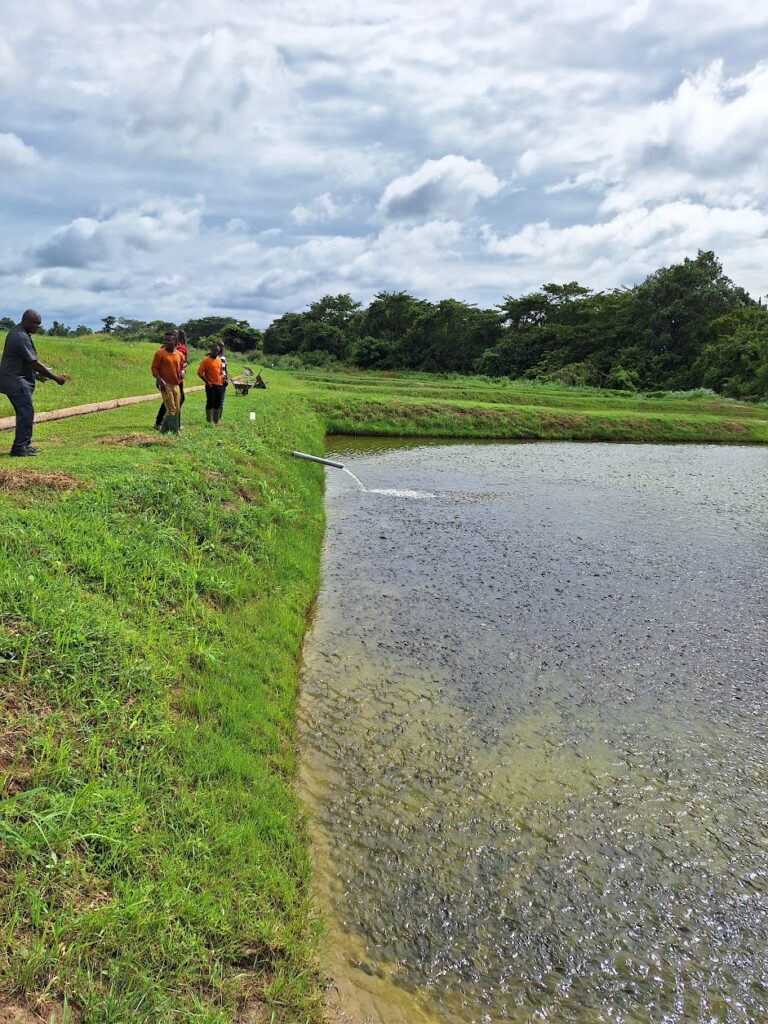
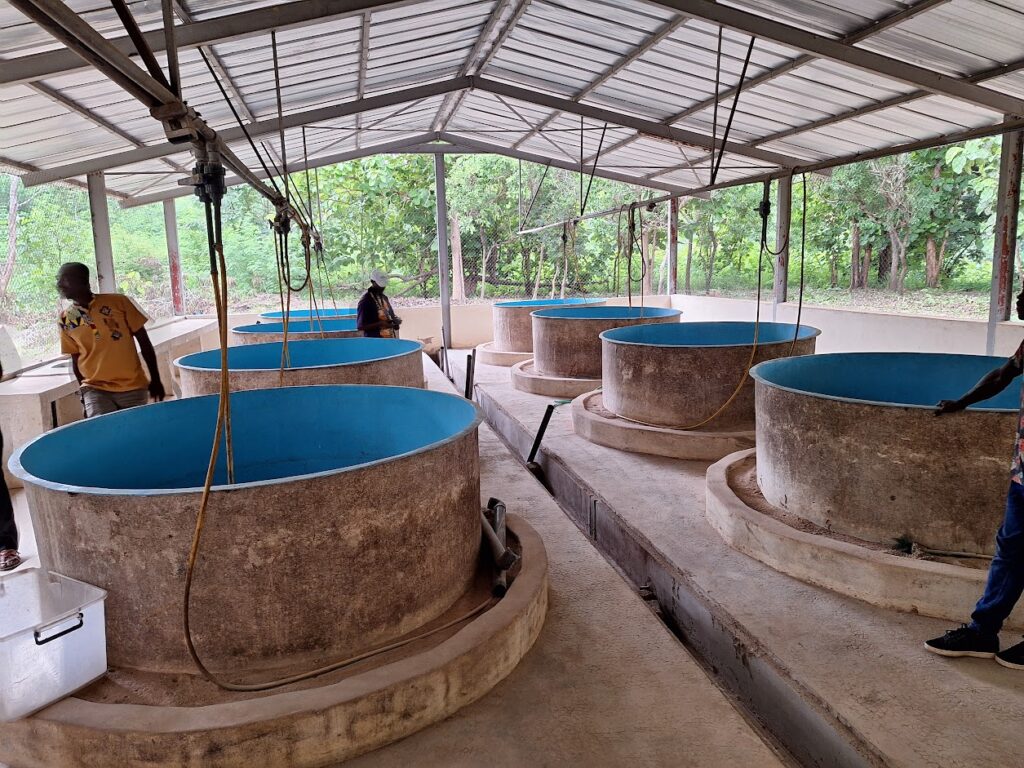
Partner:

Funding:

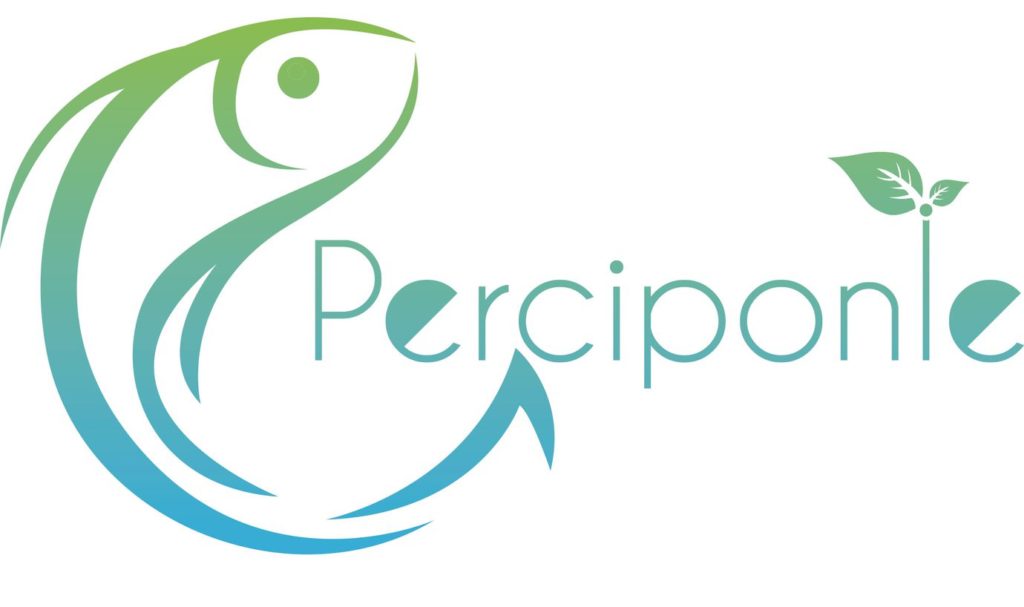
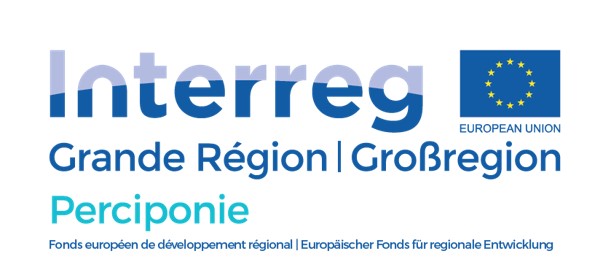
The PERCIPONIE programme aims to create a cross-border cooperation network for research, development and innovation in aquaponics, on the scale of the Greater Region. PERCIPONIE brings together 11 partners from Germany, Belgium, France and Luxembourg (4 operational partners and 7 methodological partners).
Aquaponics is a new form of agriculture in urban and suburban environments (short food chain supply) combining hydroponic vegetable production and recirculating fish production. PERCIPONIE focuses on the production of pike-perch, a local species that is highly prized by consumers.
The programme promotes the development of a new, more sustainable form of agriculture, based on agro-ecological principles (such as the recovery of fish farming waste) that takes into account the well-being of the fish while guaranteeing the production of healthy food (zero pesticides).
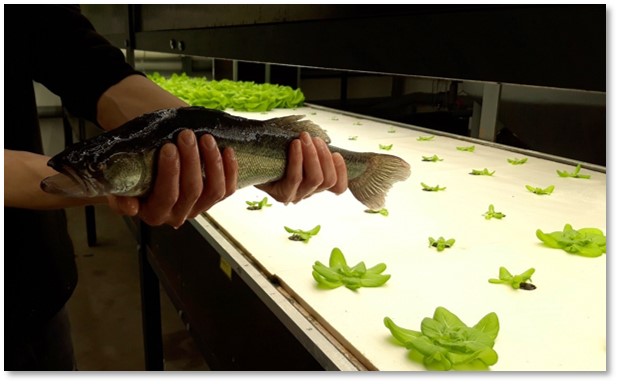
Pour en savoir plus: http://perciponie.eu
Partners:

Funding:

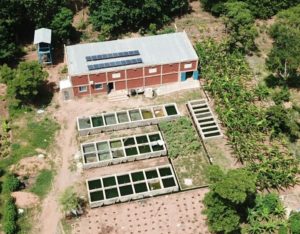
In Burkina Faso, animal and vegetable protein needs are not being met, partly because of the limited local production of fish and quality vegetables in a country where water resources are relatively scarce. In that context, the integrated production of fish and vegetables (aquaponics) in water-efficient and low-polluting systems is one opportunity to diversify food production.
The overall aim of the project is to develop a pilot system for the integrated production of fish (tilapia, African catfish) and vegetables (RAS and hydroponics) adapted to the local climatic and socio-economic context in Burkina Faso.
This pilot facility, which is the result of bringing together the complementary skills of partners in the South (UR ABAQ – Université Nazi Boni, Bobo-Dioulasso) and North (CEFRA – Uliège, CERER-Pisciculture), will serve as a model for scaling up other systems with a view to local economic development and food security.
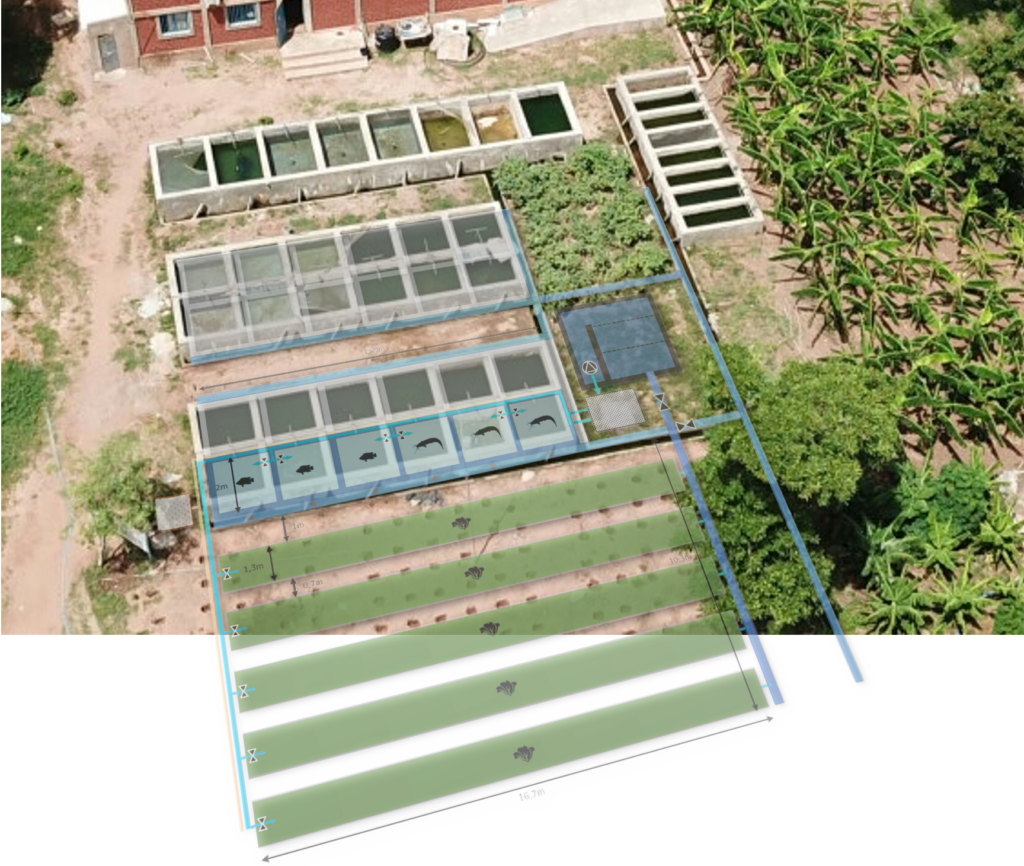
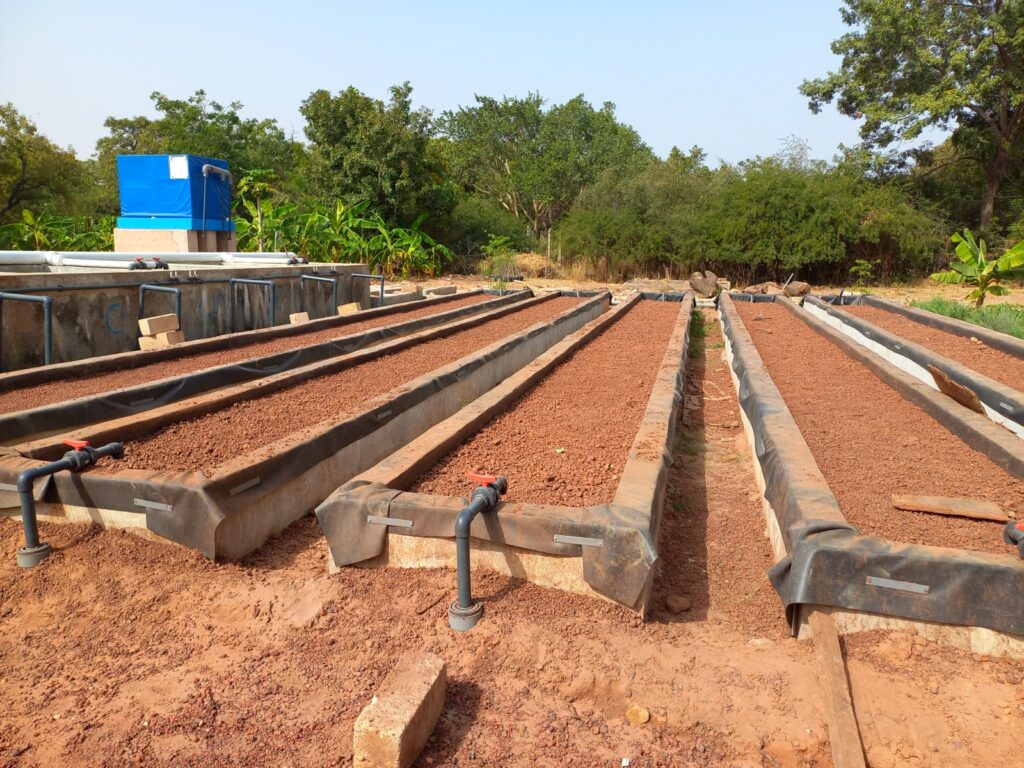
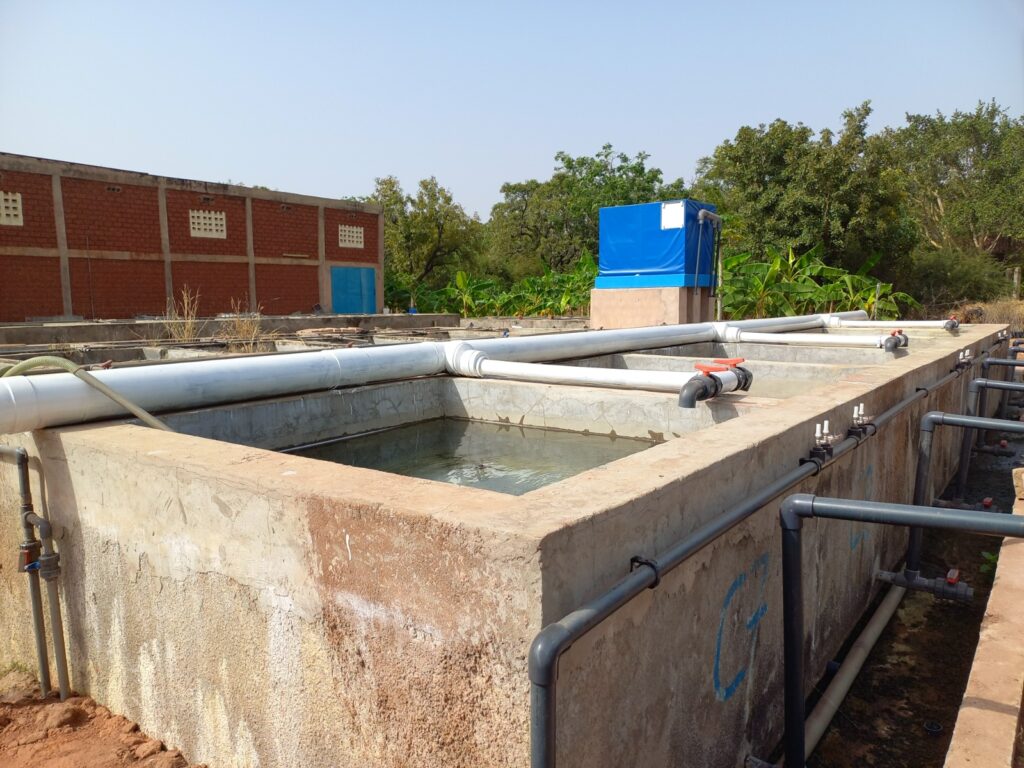
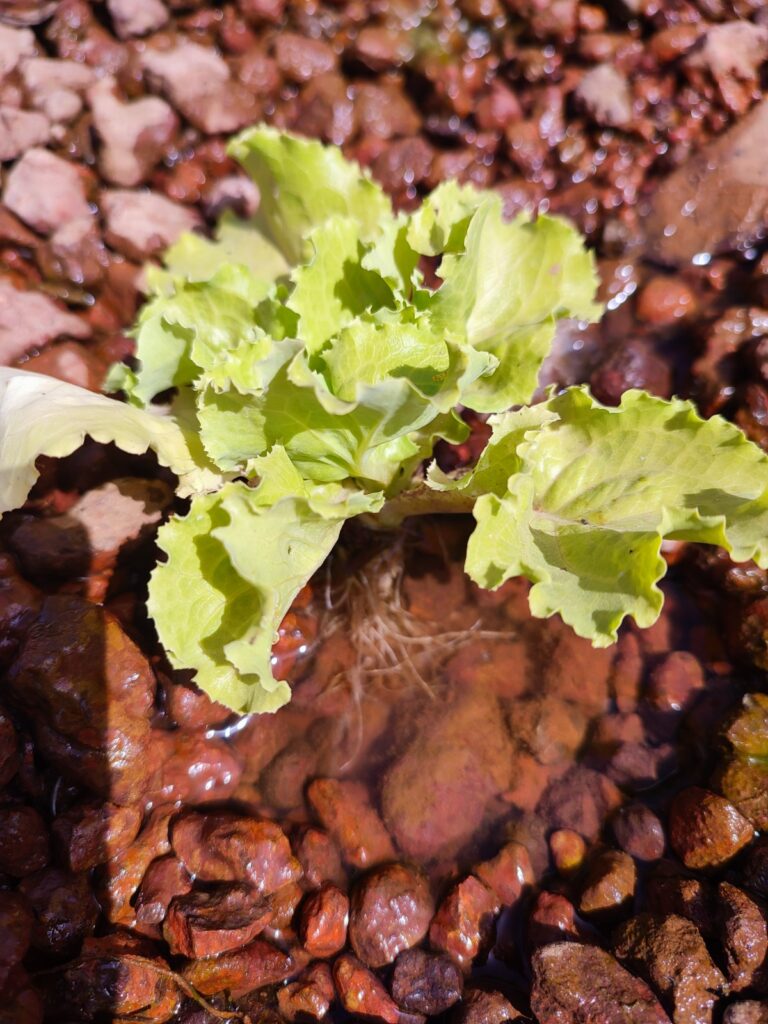
Technically, this plant-fish integration project targets the optimisation of production parameters (water use and recycling, energy savings, reduction of environmental impacts by using effluents to fertilise adjacent crops) under specific local conditions, with fish and plant species that meet local demand. On a socio-economic level, it will promote training and support to animal and plant production for the most vulnerable groups (women and youths), as well as training technicians and local producers to the use of this production system in a perspective of sustainable development.
Partners:
Funding:
Read less…
In the present context of environmental challenges and increasing world food demand, aquaponics is considered as an innovative and sustainable production method for fish and vegetables. Owing to its benefits (low water consumption, nutrient recycling, waste reduction, no use of pesticides), aquaponics is promising as an environmentally friendly farming technique, strengthening local food security and social connections.
The aim of this project, promoted by CERER-Pisciculture, is to set the basics for the development of a new integrated fish farming activity in Wallonia. To reach this goal, we set up and operate an aquaponics pilot production facility and perform an energy, nutrient, and economic balance (inputs vs outputs).
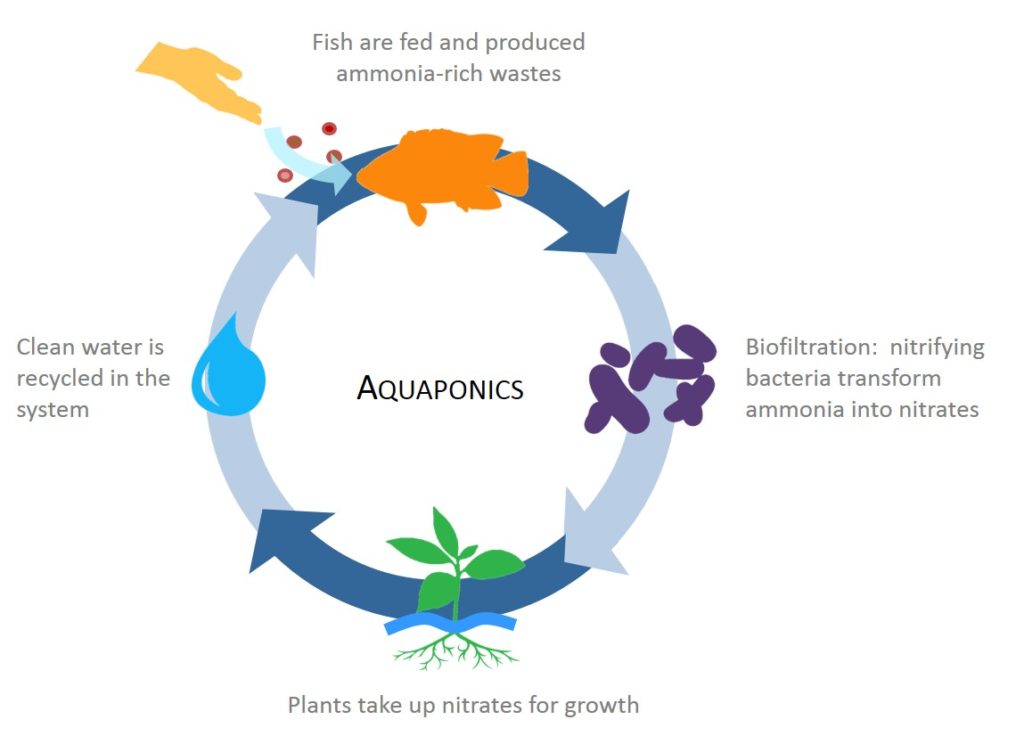
Aquaponics combines fish farming (aquaculture) and soilless plant production (hydroponics) through nutrient recycling in a recirculated system. Fish wastes are used as fertilizers for the plants, which in turn purify water by up taking nitrogen-rich wastes that are toxic for fish.
Aquaponics has several advantages:
- Low water consumption (< 10% of conventional agriculture).
- Nutrient recycling (80-85% of nitrogen and phosphorus recovered).
- Waste reduction.
- No use of pesticides.
In this project, the pilot production targets two fish species, one tropical and very productive species (tilapia), and one temperate indigenous fish with a high added value (pikeperch). Aquaponic products (fish and vegetables) are sold locally.
Energy and water flows through the system are quantified and a mass balance analysis is performed to characterize the nutrient flows between the different biological and physical compartments of the system and measure the efficiency of nutrient recycling. This functional analysis would help to put into perspective the environmental impacts of the production with the internal functioning of the system and effluent discharge. The environmental and economic sustainability of the system setup and the production process are evaluated by the combined application of Life Cycle Assessment and Life Cycle Costing (in collaboration with the Univesity Ca’Foscari of Venice, Department of Environmental Science, Informatics and Statistics).
Giving a comprehensive vision of the environmental impacts of the aquaponic production, the results will highlight bottlenecks and efficient development levers to improve the system.
With the objective to achieve a “zero waste” system, research is also focused on the effluent (sludge) recovery through mineralization / irrigation processes in order to use nutrients trapped in solid matter and to increase vegetable production.
Finally, a complete economic analysis of the different production models will enable a scaling-up simulation to evaluate the opportunity to generate profits. This economic approach will be completed by a market analysis targeting aquaponic products in order to position a potential production company into its economic environment.
More information:
Partnership:

Funding:
Read less…
The aim of this project, promoted by the CEFRA-ULiege, is to meet the need for product diversification in Walloon fish farming. The target species is the grayling (Thymallus thymallus), a high-value food fish.
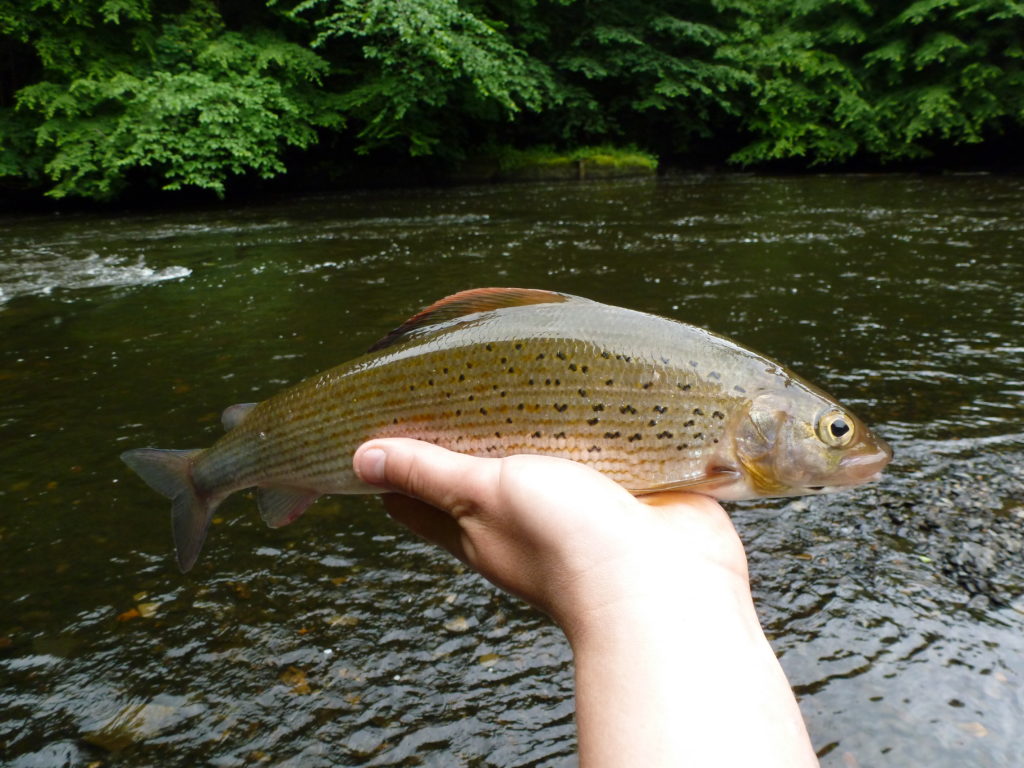
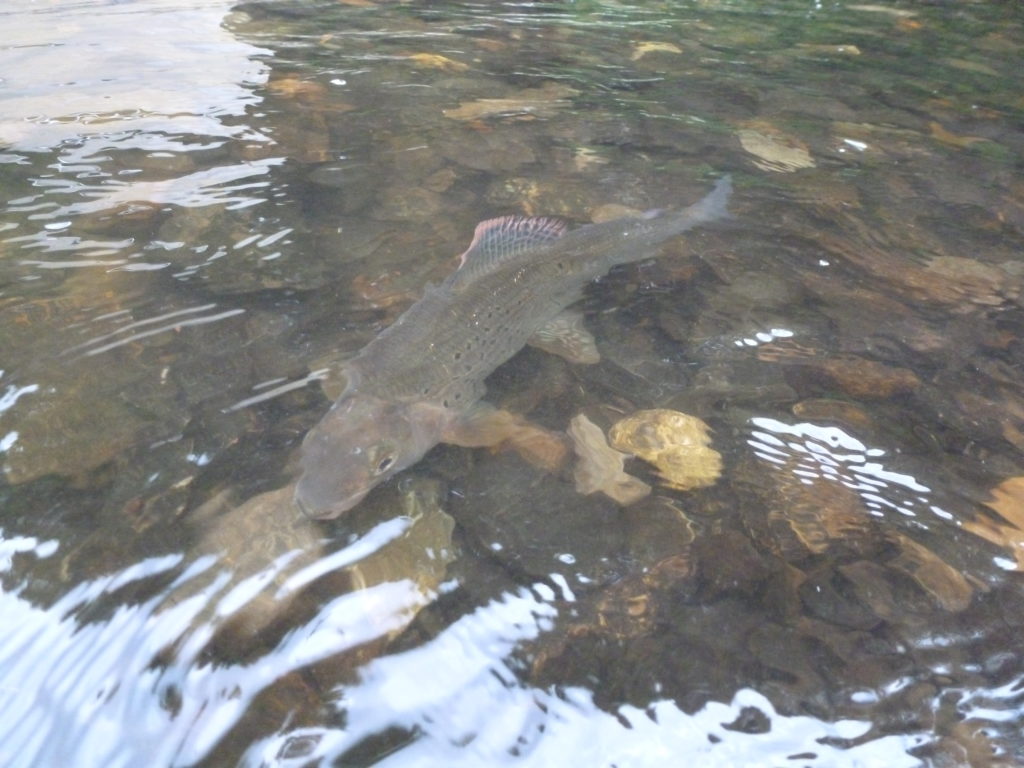
Researches focus on the development and improvement of the breeding practices. As a partner, CERER-Pisciculture is responsible for information dissemination and scientific popularization.
The project is structured in 5 points :
1. Optimization of zootechnical parameters for survival and growth improvement at larval, juvenile and adult stages.
2. Assessment of growth and production potential under a natural temperature regime and in a recirculated system with controlled temperature.
3. Photo-thermal control of sexual maturity and reproduction and improvement of post-spawning breeder survival.
4. Identification and control of pathologies.
5. Sharing of zootechnical information with fish farmers and assessment of production costs.
Partnership:
Funding:
Read less…
Otoliths are calcium carbonate accretions located in the internal ear that develop very early during the ontogeny of teleost fishes. Their morphology evolves during life in relation with genetics and environment and is used as a marker to identify populations and their geographic variations. This study, performed by IRSTEA, aimed to analyse chub (Squalius cephalus) otolith evolution during early life stages in a controlled environment.
More information:
Read less…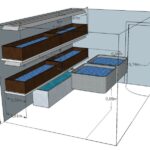
In 2016, we designed and set up a first indoor coupled aquaponic system at the University of Liège.
Researches performed with this small system (2 m³) supported the development of the pilot facility located in Strée.
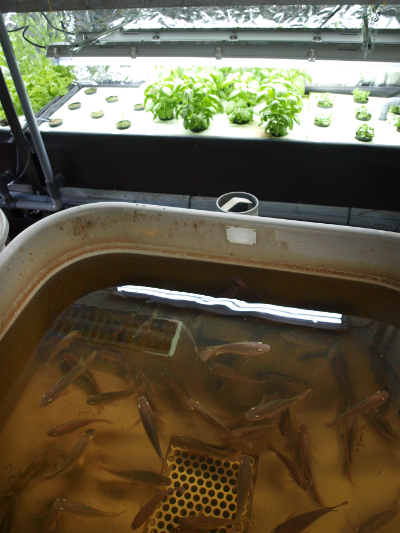
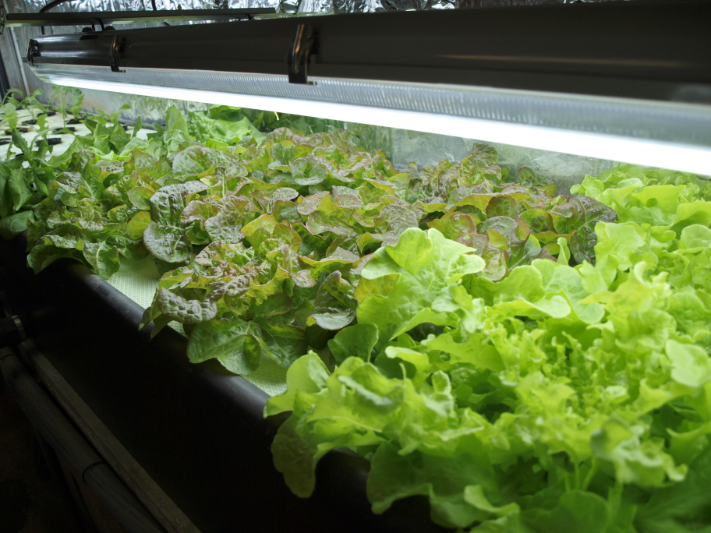

Nase (Chondrostoma nasus) and common barbel (Barbus barbus) are two rheophilic cyprinid fish naturally present in South Belgian rivers. During the last decades, the construction of dams together with changes in hydrological regimes, modifications of riverbed morphology and water pollution caused some local dramatic declines in their populations. However, recent improvements in terms of water quality and habitat fragmentation allow now to implement a rational restocking plan of locally endangered patrimonial fish species such as nase and common barbel.
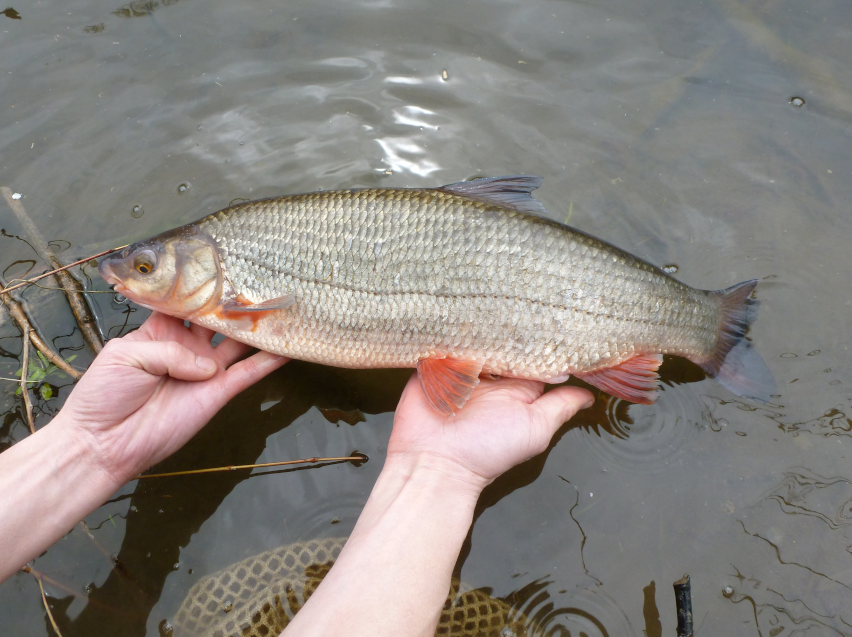
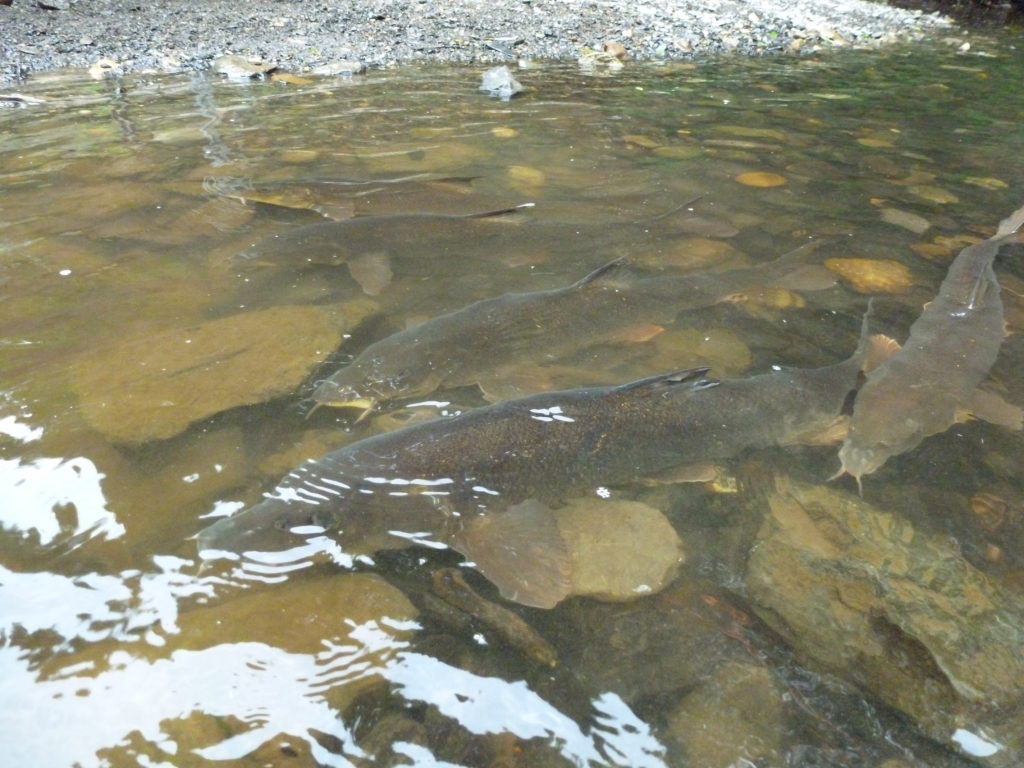
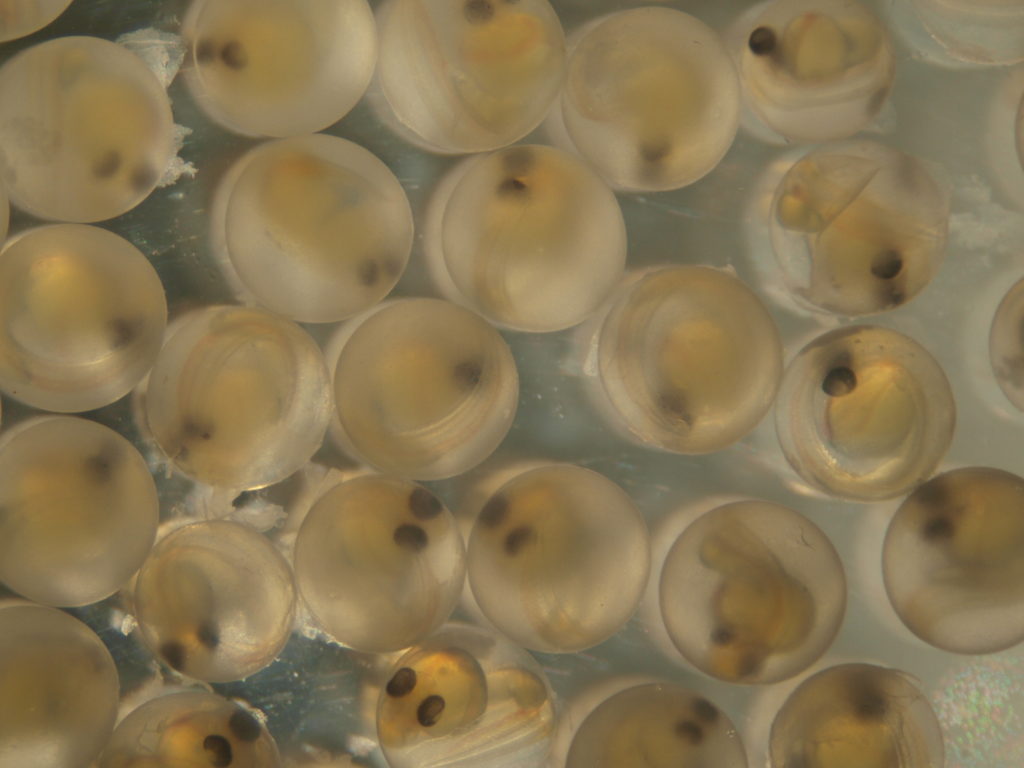
To reach this goal, this project (co-funded by the European Fisheries Fund and the Wallonia Public Service) proposed to develop five complementary parts with specific objectives:
- Review of the knowledge on nase and barbel geographical distribution and stock health in Wallonia.
- Characterization of genetic structure and diversity of South Belgium populations.
- Development of fish production techniques.
- Adaptation assessment of farmed fingerlings to natural conditions.
- Know-how diffusion toward fish farmers.
More information:
Partner:
Funding:
Read less…

